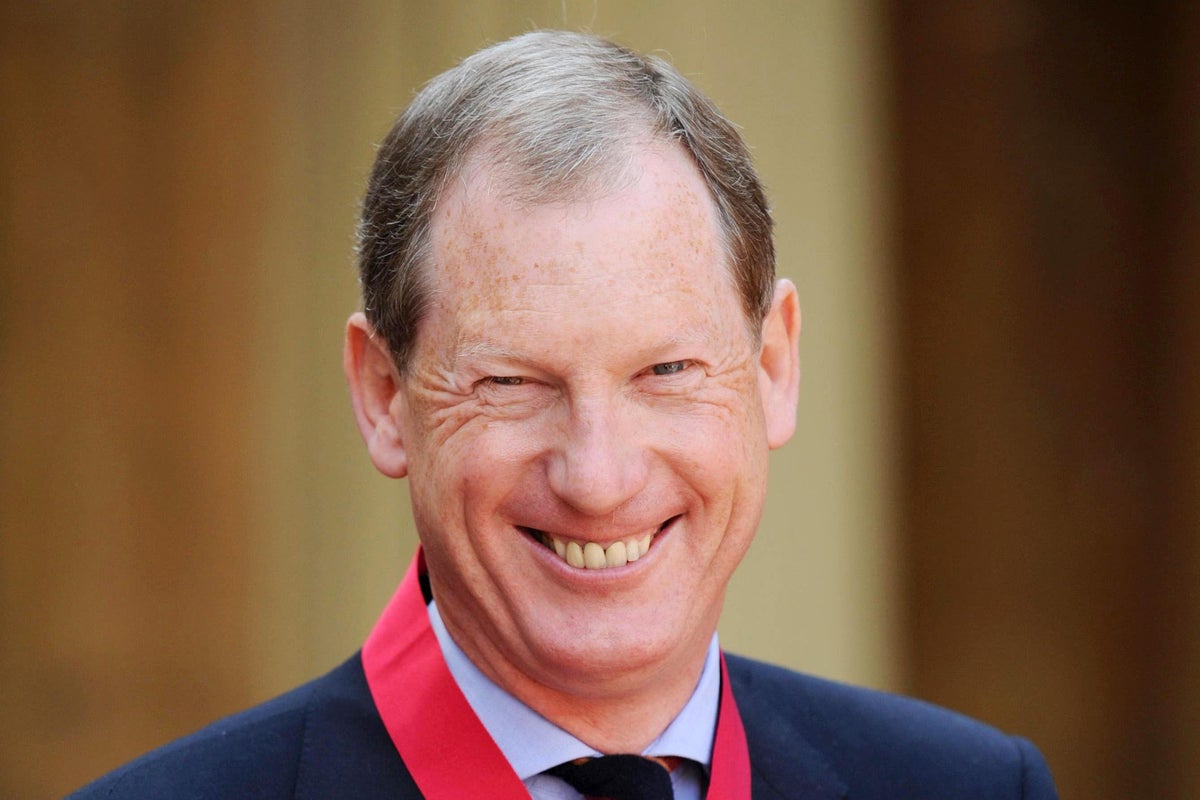
The Belfast/Good Friday Agreement was in doubt until the final plenary session, a former government director of communications has said.
Politicians and officials were involved in intense negotiations around the clock at Castle Buildings in the Stormont estate ahead of April 10, 1998 when a spring snow fall added to the surreal moment for Northern Ireland.
There had been weeks of officials having to “manage the runways” to stop unwanted meetings in the corridors and delivering assurances to parties while not throwing other parties off course.
Tom Kelly, the then Northern Ireland Office director of communications, said the failed Sunningdale Agreement of 1973 cast a shadow over efforts.
“I didn’t wake up on Good Friday morning because I’d been on my feet for 36 hours pacing the corridors, I think it was genuinely in doubt right until the very end because various parties needed various assurances and delivering those assurances in such a way that didn’t send another party off in the wrong direction was a major negotiating feat,” he said.
“It wasn’t actually until the Ulster Unionists finally agreed following a letter from the Prime Minister to David Trimble that we actually knew it was on.
“It was really only at the point of the final plenary session that you dared to hope. It was a mixture of exhaustion, elation at the prospect of an agreement but also apprehension because I knew I’d have to lead the referendum campaign, and that wasn’t guaranteed, and secondly I remembered, as a teenager, the Sunningdale (agreement) being agreed and being brought down.
“I knew that this time we were going to have to hold firm, and keep making the argument why the agreement was the only show in town.”
Mr Kelly took up the role with the Northern Ireland Office just weeks before the agreement was signed.
Immediately he was plunged into political maelstrom, and prepared a communications paper around a “just in case agreement”.
“There was an opinion poll carried out a week before the talks started which show that just 17% thought they would succeed in the timeframe, 83% didn’t, and that just showed the learned pessimism of 25 years of failure,” he told the PA news agency.
“People had become fatalistic, that was the attitude, people admired us for trying but thought we were slightly naive.”
Mr Kelly said the run-up period to the talks started with the Anglo-Irish Agreement in 1985, improved relations between the British and Irish governments and stable government in both London and Dublin under Prime Minister Tony Blair and Taoiseach Bertie Ahern.
He said within the talks there was a “focus and a drive and a willingness on the part of the government to be flexible”, adding “that made the agreement possible”.
“But on the morning of Good Friday nothing was guaranteed, because we’d seen Sunningdale 25 years earlier be agreed and then allowed to collapse, what mattered was the persistence over the next nine years which eventually ended up with Ian Paisley and Martin McGuinness sitting down together,” he said.
“One of the learnings of the process had to be that politicians from very different backgrounds got comfortable being in the same building, but then I’d worked for 16 years at the BBC in Belfast and London, and that was a problem that we had had there as well.
“Part of the tragedy of Irish political history, never mind Northern Irish political history, has been that politicians didn’t know each other very well, I think one of the things the agreement has delivered is that people do know each other a bit better even if they don’t agree with each other.”
Mr Kelly went on to be Tony Blair’s spokesperson from 2001 to 2007.
Looking back, he said the peace process delivered but the political process has not yet.
“As a peace process I believe it delivered, as a political process however, I think it’s only been partially successful, that’s been because unfortunately the two main parties have chosen politics as another form of the conflict, as another zero sum game rather than trying to build a consensus even when they disagree on the constitutional issue. And too often the centre ground, although it has now consolidated and grown, has been content to say, ‘at least we’re not that lot’,” he said.
“That’s the unfortunate reality, and the challenge for the next 25 years is not just to hold the ground in terms of peace, but actually deliver good government for the people of Northern Ireland.”







